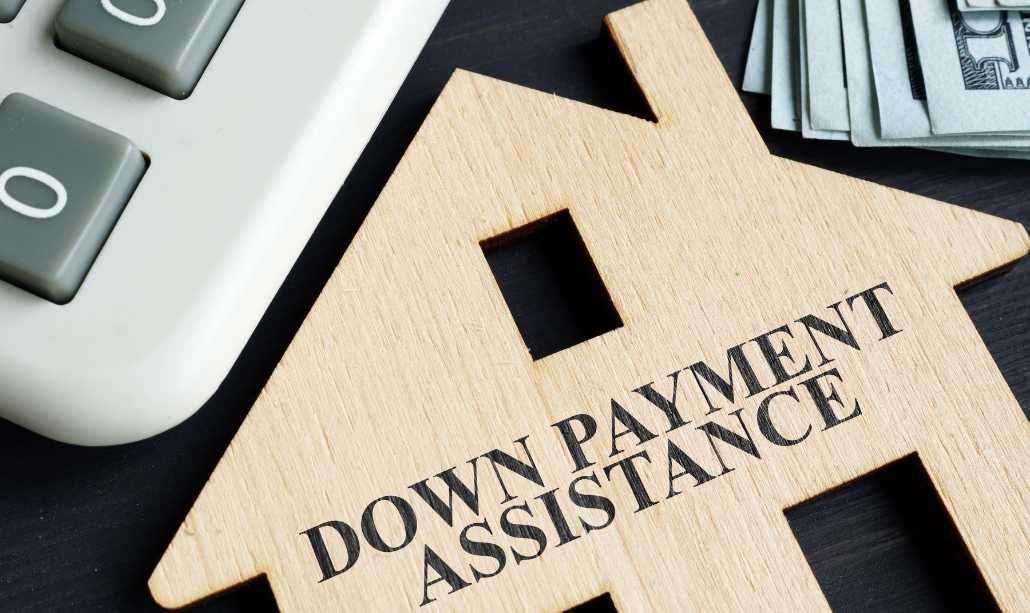Are you a business owner or real estate investor looking to secure funding without the hassle of a hefty down payment? If so, a DSCR loan with no down payment might be the perfect solution for you. This article will delve into the intricacies of DSCR loans, the benefits of not having to make a down payment, and how you can secure this type of loan.
Understanding DSCR Loan
Definition of DSCR
DSCR stands for Debt Service Coverage Ratio. It is a measure used by lenders to evaluate a borrower’s ability to repay a loan based on the income generated by their business or investment property.
How DSCR is Calculated
The DSCR is calculated by dividing the net operating income (NOI) by the total debt service. A DSCR of 1 or higher indicates that the income is sufficient to cover the debt obligations.
Benefits of DSCR Loans
DSCR loans are particularly beneficial for business owners and investors because they are based on cash flow rather than personal income. This makes them an attractive option for those with significant business or rental income but less personal income documentation.
How No Down Payment Works
Traditional Down Payment Requirements
Typically, lenders require a down payment ranging from 10% to 30% of the loan amount. This upfront cost can be a significant barrier for many borrowers.
The Concept of No Down Payment
A no down payment DSCR loan eliminates the need for an initial upfront payment. Instead, the loan is secured entirely by the projected cash flow from the business or property.
Advantages of No Down Payment DSCR Loans
- Increased Cash Flow: Without the need for a down payment, borrowers can maintain higher liquidity and invest more into their business or property.
- Easier Access to Funding: This option opens the door for many who may not have the substantial savings required for a traditional loan.
- Flexibility: It allows borrowers to allocate funds more efficiently, focusing on growth and operational needs.
Eligibility Criteria for DSCR Loans
Basic Requirements
To qualify for a DSCR loan, borrowers generally need to meet certain criteria, including a stable business or rental income and a healthy DSCR, typically above 1.25.
Credit Score Considerations
While personal credit scores may not be as critical, a higher score can still improve the terms of the loan. Lenders look at the overall financial health of the borrower.
Income and Employment Verification
Proof of income and employment is essential. Lenders will require financial statements, tax returns, and other documentation to verify the borrower’s ability to repay the loan.
Application Process for DSCR Loans
- Prepare Documentation: Gather all necessary financial documents, including tax returns, profit and loss statements, and cash flow projections.
- Submit Application: Complete the lender’s application form and submit all required documents.
- Underwriting: The lender will review your application and perform an underwriting process to assess risk and determine loan eligibility.
- Approval and Funding: If approved, the lender will finalize the loan terms and disburse the funds.

Required Documentation
- Business financial statements
- Tax returns (personal and business)
- Cash flow statements
- Proof of income and employment
Common Pitfalls to Avoid
- Incomplete documentation
- Overestimating income projections
- Underestimating expenses
Interest Rates and Terms
Typical Interest Rates for DSCR Loans
Interest rates for DSCR loans can vary but typically range from 4% to 8%, depending on the lender and the borrower’s financial health.
How Terms are Determined
Loan terms are determined based on the borrower’s DSCR, creditworthiness, and overall financial stability. Longer terms may result in lower monthly payments but higher overall interest costs.
Factors Influencing Rates and Terms
- Credit score
- DSCR
- Loan amount and term length
- Market conditions
Pros and Cons of No Down Payment DSCR Loans
Advantages
- No upfront cost
- Higher liquidity
- Easier access to funding
Disadvantages
- Potentially higher interest rates
- Stricter eligibility criteria
- Risk of over-leverage
Comparing with Traditional Loans
Traditional loans often require a substantial down payment and are based on personal income, making them less accessible for some borrowers compared to DSCR loans.
Real-Life Examples
Case Study 1: Small Business Owner
A bakery owner used a no down payment DSCR loan to expand her business. With the additional funds, she was able to open a new location and increase her revenue by 30%.
Case Study 2: Real Estate Investor
A real estate investor secured a DSCR loan with no down payment to purchase a new rental property. The rental income from the property covered the loan payments, allowing the investor to grow his portfolio without using personal savings.
Lessons Learned
- Thorough preparation is key.
- Accurate financial projections are crucial.
- Understanding the terms and conditions helps avoid potential pitfalls.
Tips for Securing a DSCR Loan Without a Down Payment
Improving Your DSCR
- Increase your income
- Reduce operating expenses
- Pay down existing debt
Enhancing Your Credit Score
- Pay bills on time
- Reduce credit card balances
- Avoid applying for new credit before the loan
Effective Financial Planning
- Create detailed financial projections
- Maintain accurate records
- Consult with a financial advisor
Conclusion
Securing a DSCR loan with no down payment can be a game-changer for business owners and real estate investors. By understanding the requirements and preparing thoroughly, you can take advantage of this financing option to grow your business or investment portfolio without the burden of an upfront cost.
FAQ
What is the minimum DSCR for loan approval?
Typically, lenders look for a DSCR of at least 1.25, but this can vary depending on the lender and the specific loan terms.
Can I get a DSCR loan with bad credit?
While a higher credit score improves your chances, some lenders may approve DSCR loans based primarily on the income generated by your business or property.
How long does the approval process take?
The approval process can take anywhere from a few weeks to a couple of months, depending on the lender and the complexity of your application.
Are there any hidden fees?
Always review the loan agreement carefully. Some lenders may charge origination fees, processing fees, or other costs.
Can I refinance a DSCR loan?
Yes, refinancing is possible. It can help you secure better terms or take advantage of lower interest rates.







Join The Discussion